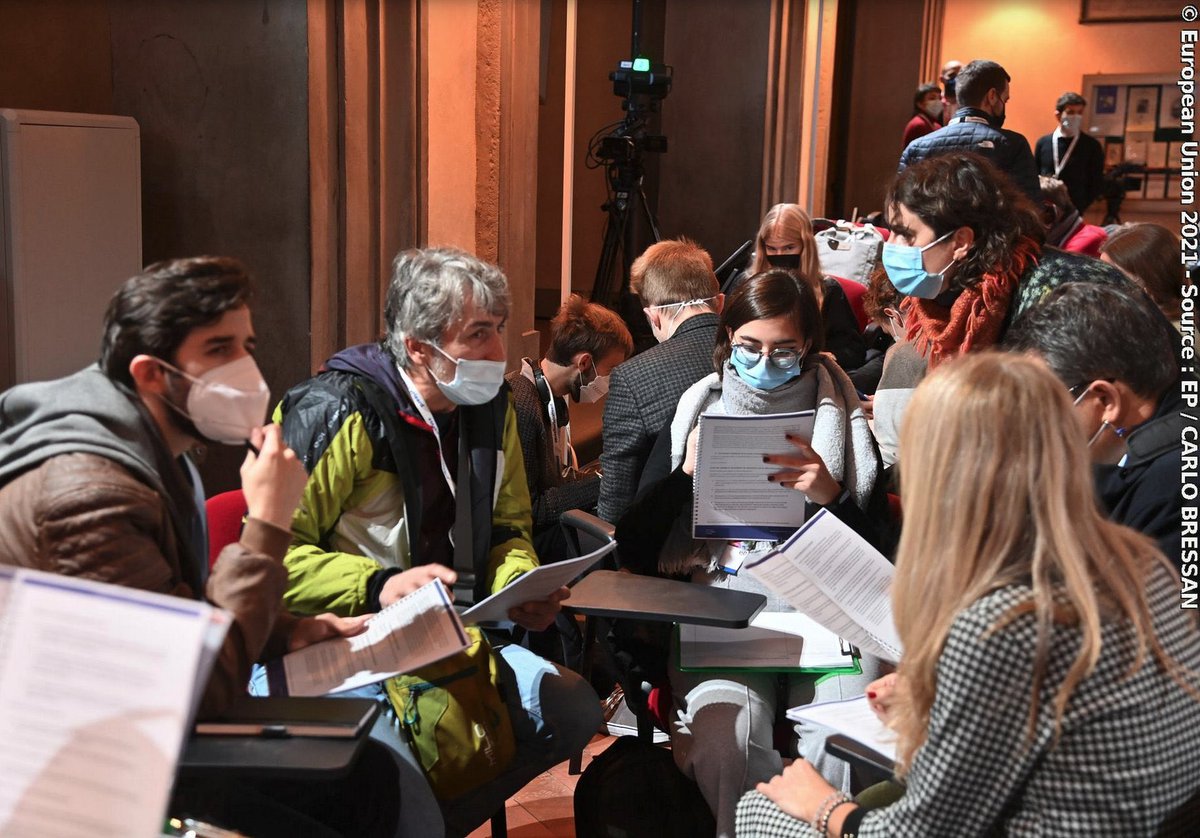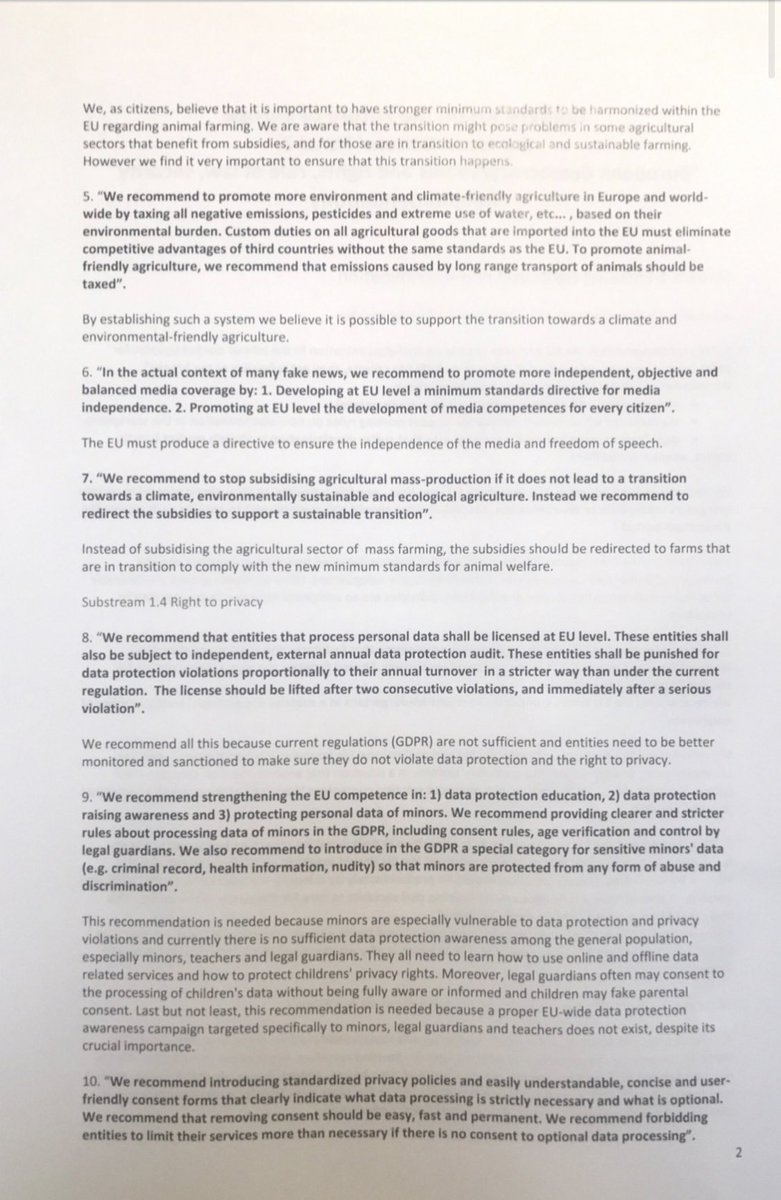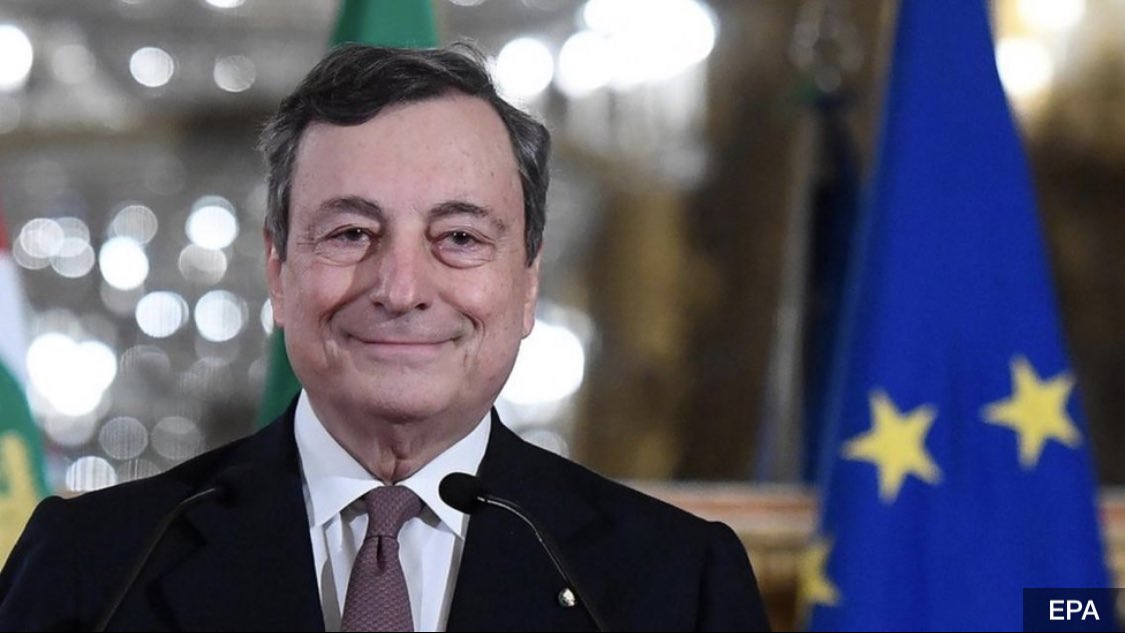
Conference on the Future of Europe: after the European Parliament & the Commission, now it’s the Council set to prepare its blueprint. Here’s an initial analysis based on council first discussion document THREAD #CoFoE #EUCO 

If the European Parliament proposed a top-down blueprint, leaving aside NGOs’ participation in exchange for citizens’ agoras, the Commission watered down that model by invoking the “successful citizens dialogues” as THE approach to follow 

The Council discussion document on #CofoE departs even further from the EP blueprint:
- no explicit reference to Agoras or other form of citizens’ assemblies (but citizens’ dialogues mentioned at template)
- no explicit reference to Agoras or other form of citizens’ assemblies (but citizens’ dialogues mentioned at template)

Moreover, what the Council foresees is: 1. institution-driven initiative ensuring inter institutional balance & EU vs MS balance; 2. only policy not institutional reform 3. deliverable : report to EU council 4. no joint commitment by EU to follow up, but unilateral #CofoE 

• • •
Missing some Tweet in this thread? You can try to
force a refresh













